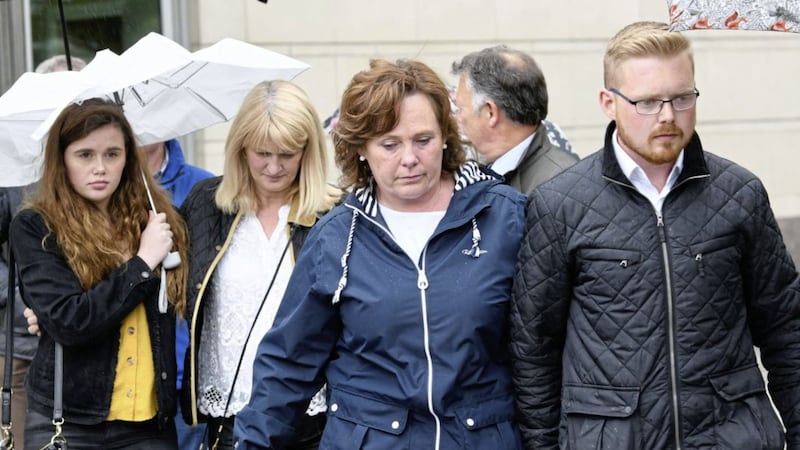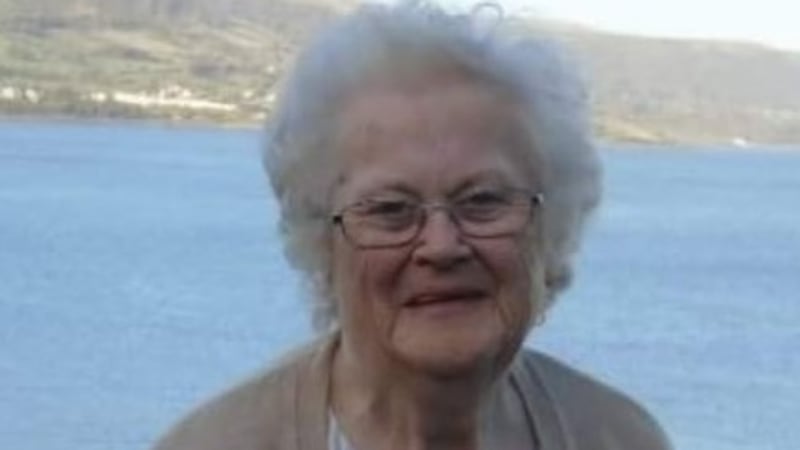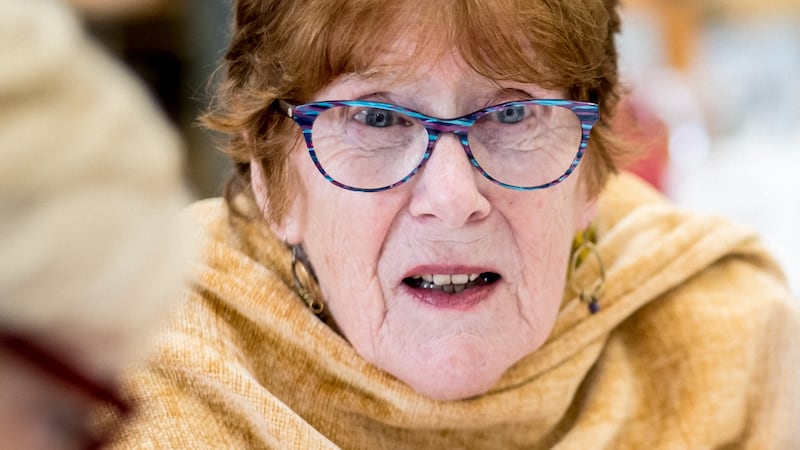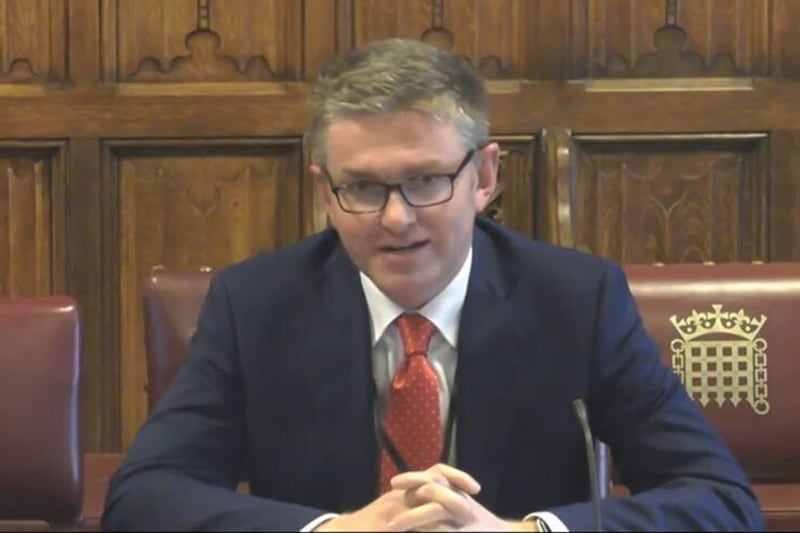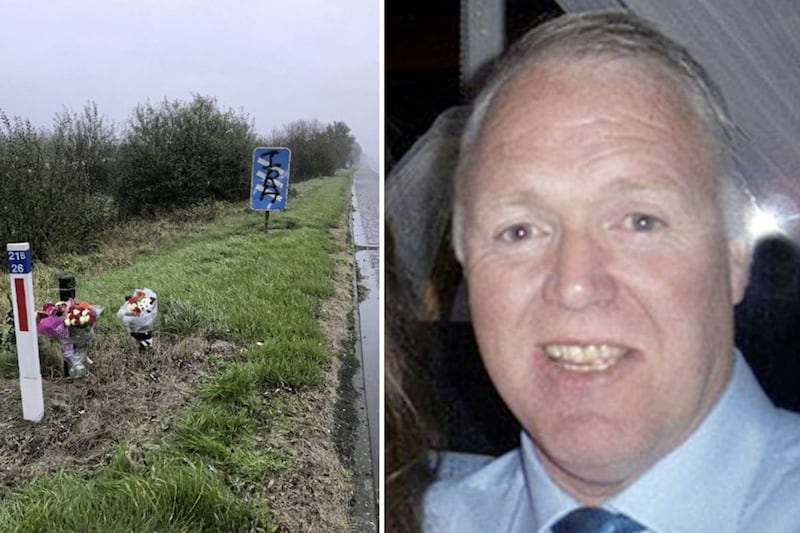PROSECUTORS have been given until tomorrow morning to decide whether to challenge a judge's decision to throw out the case of a Co Tyrone man charged in connection with the murder of prison officer David Black.
Mr Justice Colton ruled yesterday that it would be both unsafe and unreliable to convict Damien Joseph McLaughlin (41), who had denied any involvement in the drive-by attack on the M1 on November 1 2012.
The case against McLaughlin, of Kilmascally Road near Ardboe, rested "solely" on the evidence of a Co Leitrim man interviewed by specialist Garda officers from Dublin in the wake of the "horrific shooting".
During the interviews, which the judge described as "oppressive, aggressive, hectoring and bullying", Stephen Brady allegedly identified McLaughlin as a man who moved the Toyota Camry car later used by the gunmen.
Mr Justice Colton said that having read and viewed the videotaped interviews, and heard the evidence of the three gardaí who conducted them, he "could not believe that it was contemplated that the interviews with Brady would be relied upon in any criminal prosecution".
He said the court was "not naive" about the nature of such interviews, which were "not meant to be friendly conversations over a cup of tea", and that the use of "profane and oppressive language, however unnecessary or unjustified, does not in itself preclude" them as evidence.
However, the Belfast Crown Court judge said that even one of the detectives involved "was correct when he accepted he did not ever envisage that the contents of the interviews would be scrutinised in a court of law and that he understood why a court would have concerns about the contents of the interviews".
He said he had formed the impression "the true purpose of the interviews was to seek information from Brady other than obtain evidence for the purposes of a criminal prosecution".
McLaughlin had denied charges including aiding and abetting the murder of father-of-two Mr Black (52) as he drove to work at Maghaberry jail, possessing the Toyota Camry used by the gunmen, and belonging to the IRA.
It was alleged the Co Tyrone man, who has previously served a sentence for possession of firearms, drove the car across the border after it had been bought by another man in Dublin.
It was the prosecution case that it was driven to Co Leitrim where it was "hidden in plain sight" in a lay-by and allegedly picked up three weeks later by McLaughlin.
It was claimed he could be identified by both Garda and PSNI officers from CCTV and named by a local man.
However, Mr Justice Colton said "he was not satisfied it would be in the interests of justice" to admit Brady's hearsay evidence due to the "particular circumstances in which it was obtained".
He also said that given the "high and obvious risk of unreliability" of the statements, it would be "unfair and unsafe for the defendant to be convicted on the basis of such evidence in circumstances where he is not in a position to challenge of test the accuser."
In conclusion, Mr Justice Colton said that the evidence provided in Brady's statements was "so unconvincing that considering its importance to the case against the defendant I would acquit the defendant on the grounds that his conviction for the offences would be unsafe."
Earlier the judge said Brady's was "the sole and decisive evidence in the case... and that there is no other evidence" purporting to link the defendant to the vehicle used in the murder of Mr Black.
He also said the prosecution had also failed to take all possible steps to ensure Brady's attendance in court.
They could have applied to the High Court in Dublin for him to give evidence there, or arranged for a live link to give evidence outside the Republic.
Mr Justice Colton said given the circumstances of the alleged offences, it would also have been open to the prosecution to have taken their case to the courts in the Republic "and this would not have caused any undue cost or delay."
At the end of the ruling, which took almost three hours to deliver, a prosecuting lawyer said given its complexity and length, he would ask for time to consider it and decide whether to apply to the court directly or to the Court of Appeal to challenge its findings.
It was agreed that the parties would return to court tomorrow morning.
McLaughlin's solicitor Peter Corrigan last night said his client had "always vehemently denied the charges against him".
“He has from the offset asserted that the evidence of a suspect is profoundly unreliable and should not be allowed to form the case against him.
“The techniques used by the gardaí in extracting the information from the suspect can only be described as oppressive and inhuman.
“We plan to immediately proceed to make a complaint to the Garda Ombudsman for allowing such practices to occur. If the gardaí abided by their own practice, our client would never have been before the courts.”
